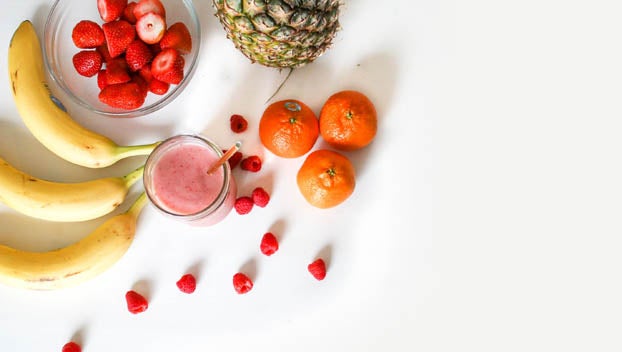
By Jiuseppe M. Russo
Vidant Beaufort Hospital
Summer is here and with it, picnic season. It is a time to enjoy family and all our favorite summer dishes in the great outdoors. It is easy to get caught up in the summer fun and outdoor activities and accidentally and possibly cause food borne illness.
Here’s a fact: One in six Americans gets sick every year from foodborne pathogens. We need to reduce the odds of foodborne illness by avoiding these common picnic mistakes.
Washing your hands
A large percentage of foodborne illnesses is caused by not washing your hands when preparing food. Wash your hands before cooking, after handling raw meat and before eating or serving food. A good safety tip is to bring hand sanitizer if there is no running water at your picnic site, and rub it all over your hands, including between fingers and around nails.
Your hands are not the only things you should keep clean. If you are not careful, juices from raw meat and poultry can drip into your cooler, creating a breeding ground for bacteria growth. Before you pack for your picnic, sanitize your cooler and wash reusable bags you will use to transport food. Pack your food in clean, tightly sealed containers.
If you will not have access to running water at your picnic site, wash fruits and veggies at home first. Wash produce even if you plan to peel it, because bacteria can transfer from the knife or peeler to the edible portion.
Avoid cross-contamination
If you will not be able to wash plates, tongs and serving utensils at the picnic site, bring two sets: one for handling raw meats and one for serving cooked meat. Accidentally serving cooked hamburgers on the same plate you used for the raw patties can lead to foodborne illness. Make sure you keep ready-to-eat food such as buns, fruits, vegetables and side dishes away from contaminated serving utensils, too.
In addition, a good safety tip is never reuse marinade used on raw meat or poultry on cooked items unless it has been boiled. When packing a cooler, you should separate cooked foods from raw foods. Meat, poultry and seafood should be separate from fruits and vegetables.
If you are bringing ice to use in beverages, pack it in a separate sealed bag. Do not put loose ice used to keep food cold in beverages. This ice could have picked up odorless, invisible bacteria from the surfaces of food containers or other items in the cooler.
Keeping food at the appropriate temperature
Even an insulated cooler cannot keep food cool enough on its own. Pack your cooler about three quarters of the way full of food, reserving one quarter of the space for ice packs. If possible, chill or freeze foods before packing them in your cooler. Always pack cold and hot food separately.
A good safety tip is to pack a thermometer and take temperatures of cold food items, ensuring it does not go above 40°F. In addition, if you can pack beverages in a separate cooler from perishable food items’ can help maintain temperatures due to the opening and closing more frequently of getting a beverage.
Bring a food thermometer
Meat should be cooked to a certain temperatures to control harmful bacteria. Hamburgers need to be cooked to a minimum internal temperature of 160°F. Chicken breasts and legs need be cooked to at least 165°F.
Keep perishable picnic food out of the danger zone — a temperature range between 40 degrees and 140 degrees Fahrenheit. When food is in the danger zone, bacteria can double in number every 20 minutes. Unfortunately, you cannot see, smell or taste if a food has harmful bacteria or toxins growing in it. Pack food in a well-insulated cooler with plenty of ice or ice packs to keep temperature below 40 degrees. A good safety tip is to transport the cooler in the back seat of your air-conditioned car instead of in your hot trunk, and remove from the cooler only what you will be cooking keeping the remaining items cold.
Keeping a mental note of how long food sits out is important. It should be no more than two hours regularly; but in extreme heat (90 degrees or above), food should only sit out for an hour at most. It is easy to lose track of time when you are relaxing outside. A good safety tip is to set a timer on your cell phone to remind you when it is time to put food away. All perishable food should be closely watched especially meats, egg, potato and tuna salads made with mayonnaise, and anything dairy-based.
So, remember these simple tips to ensure that unwanted bacteria will not have a place at your Picnic table.
Jiuseppe M. Russo R.D., LDN, Clinical Nutrition Manager at Vidant Beaufort Hospital Food and Nutritional Services can be reached at 252-948-4933 or Jiuseppe.Russo@Vidanthealth.com
Article From & Read More ( Health Beat: Picnic food safety tips - Washington Daily News - thewashingtondailynews.com )https://ift.tt/3yPALFA
food

Tidak ada komentar:
Posting Komentar